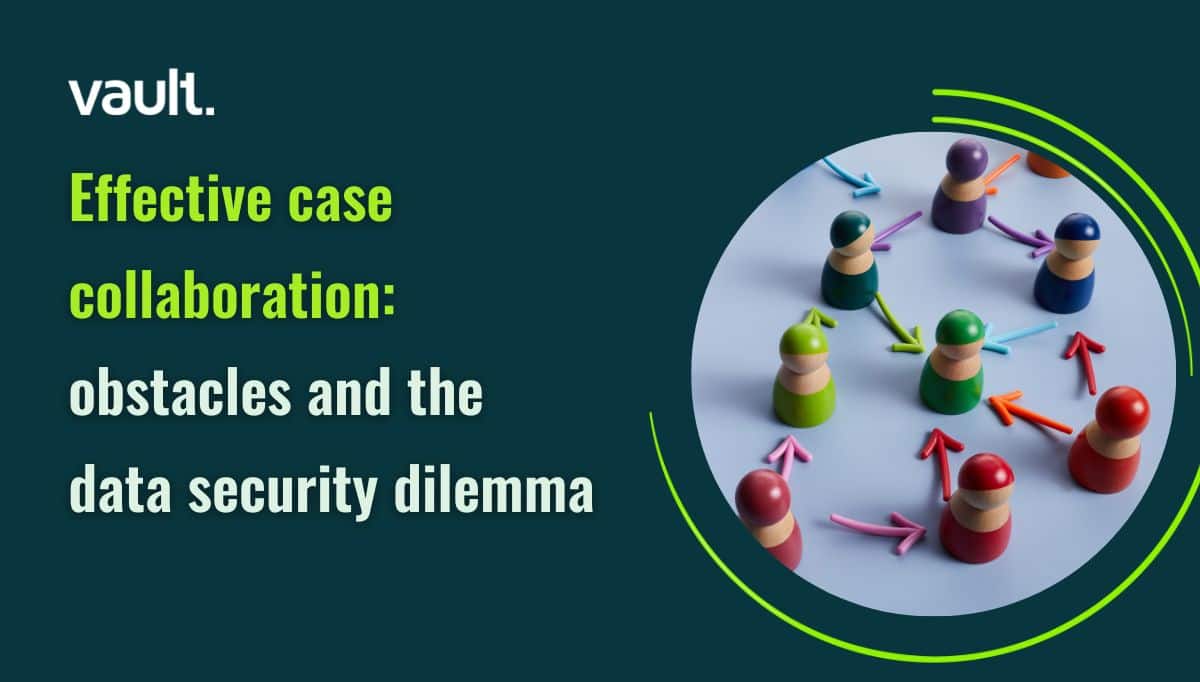The end of this week culminates with the celebration of Juneteenth – a day traditionally celebrated by African-American communities to mark the end of slavery in the US. The day has taken on a new significance this year amid growing momentum around the Black Lives Matter movement and efforts to end racism and inequality in society and the corporate world.
A number of US companies including Twitter, Target, Nike, Lyft, and Uber have made Juneteenth a holiday and are urging employees to use the time to learn and educate themselves on social issues.
But with so many companies standing in solidarity with #BlackLivesMatter, the focus has shifted to the lasting actions companies will take to back up their words. Some of these actions include a reassessment of existing preventative measures for racism and their fitness for purpose. A clear example came from employees at German sportswear brand Adidas which protested this week over the ineffectiveness of incumbent tools designed to tackle inequality at the firm.
Incumbent reporting tools are broken
In a letter to executives, Adidas employees asked for the “creation of an anonymous platform where employees can report instances of racism and discrimination, and for protection against retaliation”.
Like many companies, Adidas has a hotline in place that is supposed to fit this purpose. But the employees are calling out the ineffectiveness of these archaic tools.
Clearly, the employees see a need to have a platform in place to report discrimination but they also acknowledge one of the well-recognized disincentives to using existing tools – the fear of retaliation.
Incumbent tools do not instill confidence in employees and as a result, hotlines are only used by less than 11% of the small number of people that do report workplace bullying. Essentially, hotlines are helping to perpetuate the problem rather than fix it.
Our own research shows that company stakeholders understand the importance of a speak-up culture, but we also find that employees do not think enough is being done to support that. Furthermore, if movements like MeToo and BLM have shown us anything it’s that employee patience has run out and there is a growing appetite to fight for accountability out in the public domain – on social media and in the press.
Resources for workplace equality
Businesses have a great opportunity here to back up their words with actions that will make a difference and will benefit them both commercially and in the search for talent.



